During an official visit to Sofia, the Speaker of the Albanian Parliament, Elisa Spiropali, made it clear that Albania will focus more strongly on regional cooperation in the future in order to promote stability and security in the Western Balkans.
In talks with her Bulgarian counterpart Nataliya Kiselova, she referred to the recently signed trilateral cooperation agreement between Albania, Kosovo and Croatia, which Spiropali said could serve as a model for future security alliances – a model that she would like to see extended to countries such as Bulgaria, as she emphasized to Bulgarian radio station BNR.
Spiropali stressed that this was not about symbolic gestures, but about concrete mechanisms to promote peace, security, and economic cooperation in Southeast Europe. In her interview with BNR, she emphasized that Albania was “looking for partners who are willing to take responsibility for the region” and saw Bulgaria as an “important strategic ally” for this course.
The Bulgarian side also showed openness: Parliament Speaker Kiselova confirmed in the talks that Bulgaria actively supports Albania’s accession to the European Union. In a joint statement, both politicians emphasized that they want to work toward stronger interparliamentary dialogue and more intensive coordination on security issues—a sign of growing cooperation in a geopolitically sensitive region, as reported by BNR.
Another key topic of the visit was NATO cooperation, which Spiropali described as a “solid basis for mutual trust.” In an interview with the Bulgarian news agency BTA, she emphasized that Albania, as a NATO member, was firmly committed to its role as an anchor of stability in the Balkans. Bulgarian Prime Minister Rossen Zhelyazkov also stated at a meeting with Spiropali that relations between Tirana and Sofia were “without open issues” and that the two countries were working “in an atmosphere of respect and shared responsibility,” as BTA reported.
In addition, the Albanian parliamentary speaker reaffirmed that her country was determined to actively pursue accession negotiations with the EU. Spiropali pointed out that 24 of 31 negotiation chapters had already been opened – proof of Albania’s willingness to reform. She expressed her hope that Bulgaria would continue to play a constructive role in the enlargement process, as she explained in an interview with BNR.
Last but not least, Spiropali also focused on economic aspects during her visit. Cooperation in the areas of infrastructure, energy, tourism, and education was identified as key to regional integration. In her talks with President Rumen Radev and Prime Minister Zhelyazkov, she emphasized that “economic integration is a decisive factor for lasting peace” – an approach that both BTA and BNR consider to be guiding for Albania’s foreign policy.
Imgae: AI generated
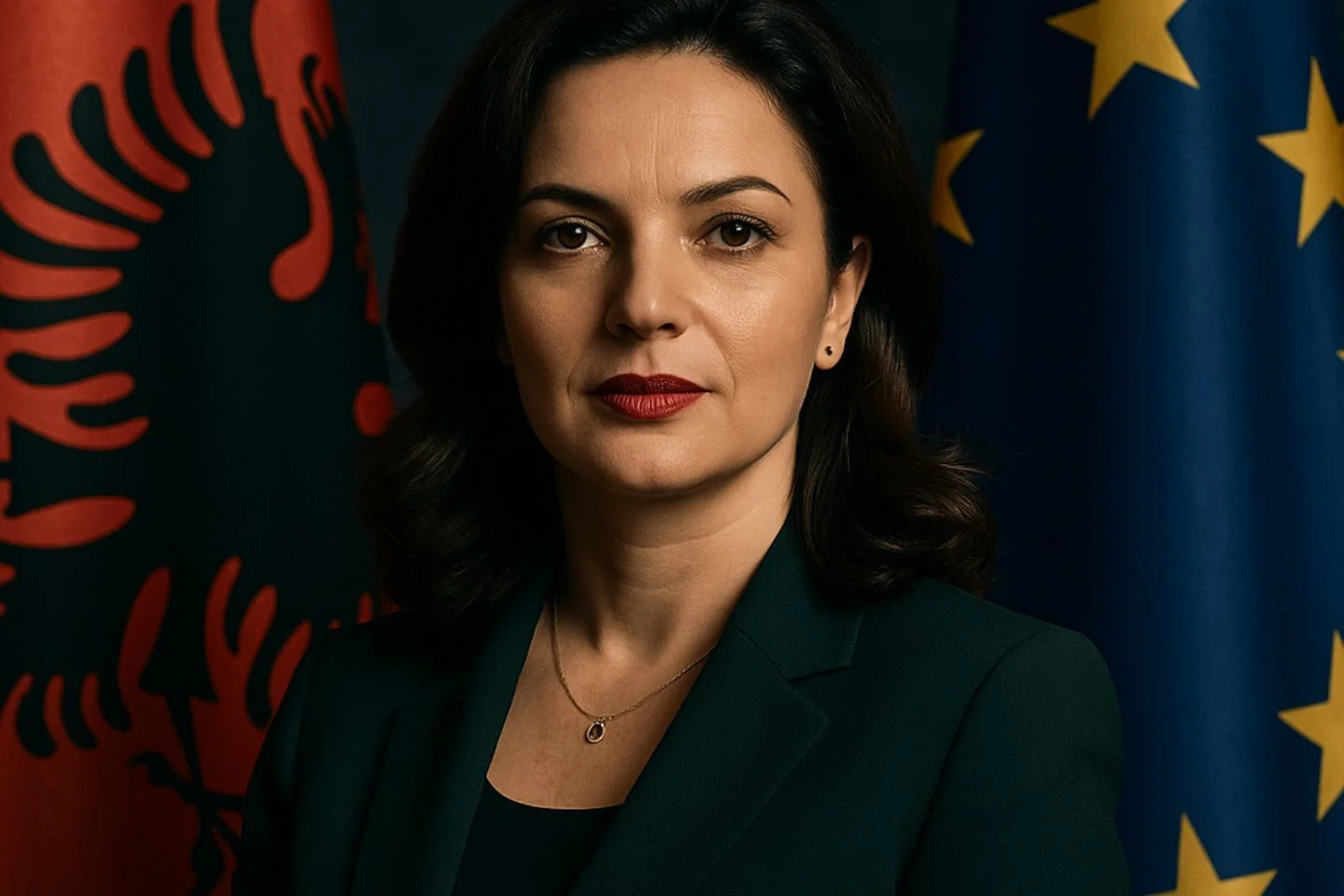

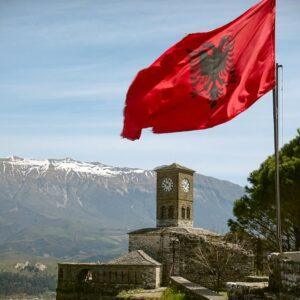






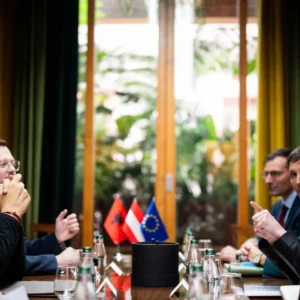

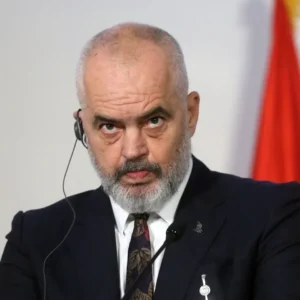

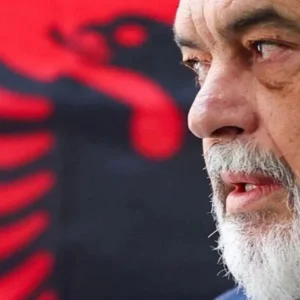
Recent Comments